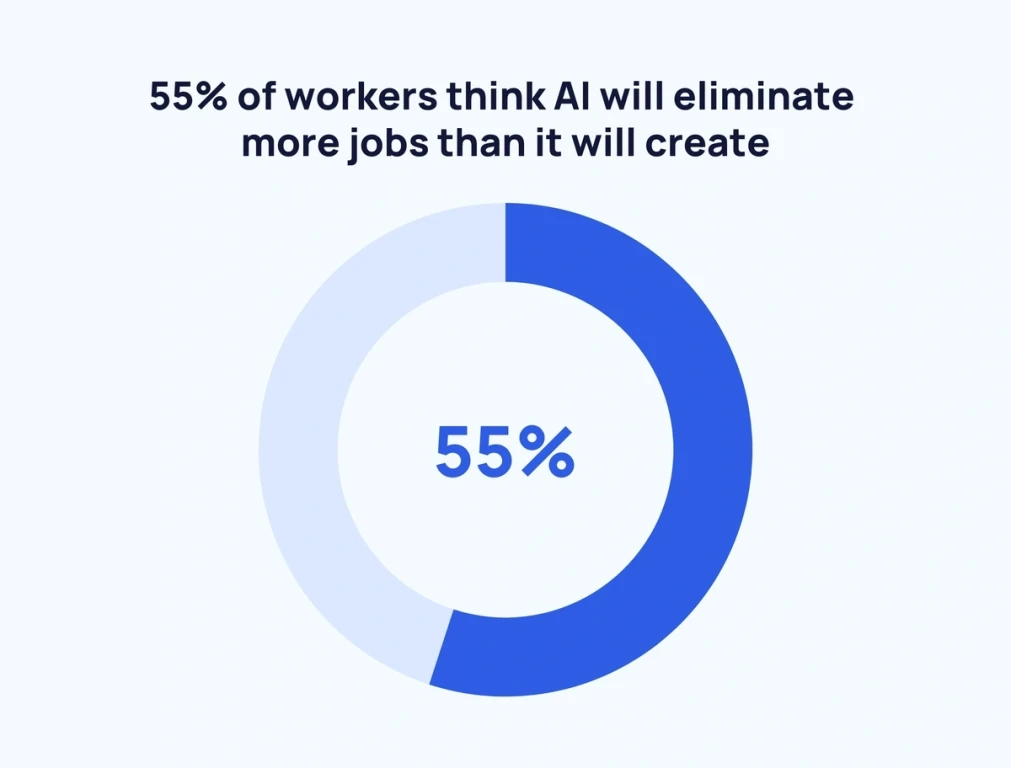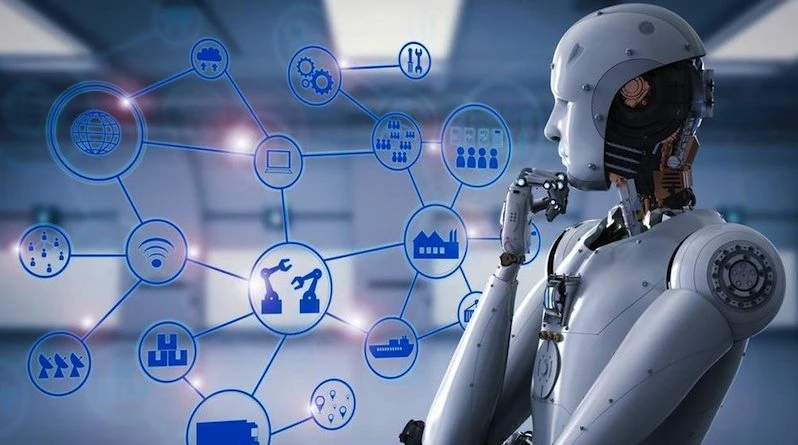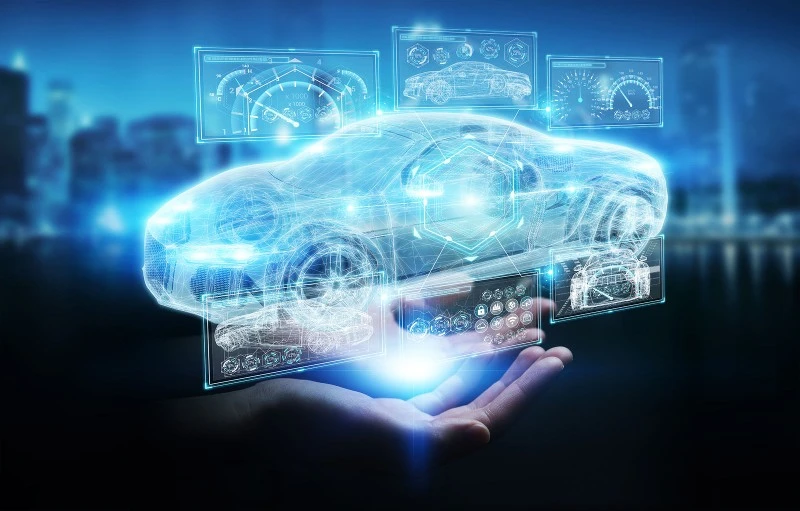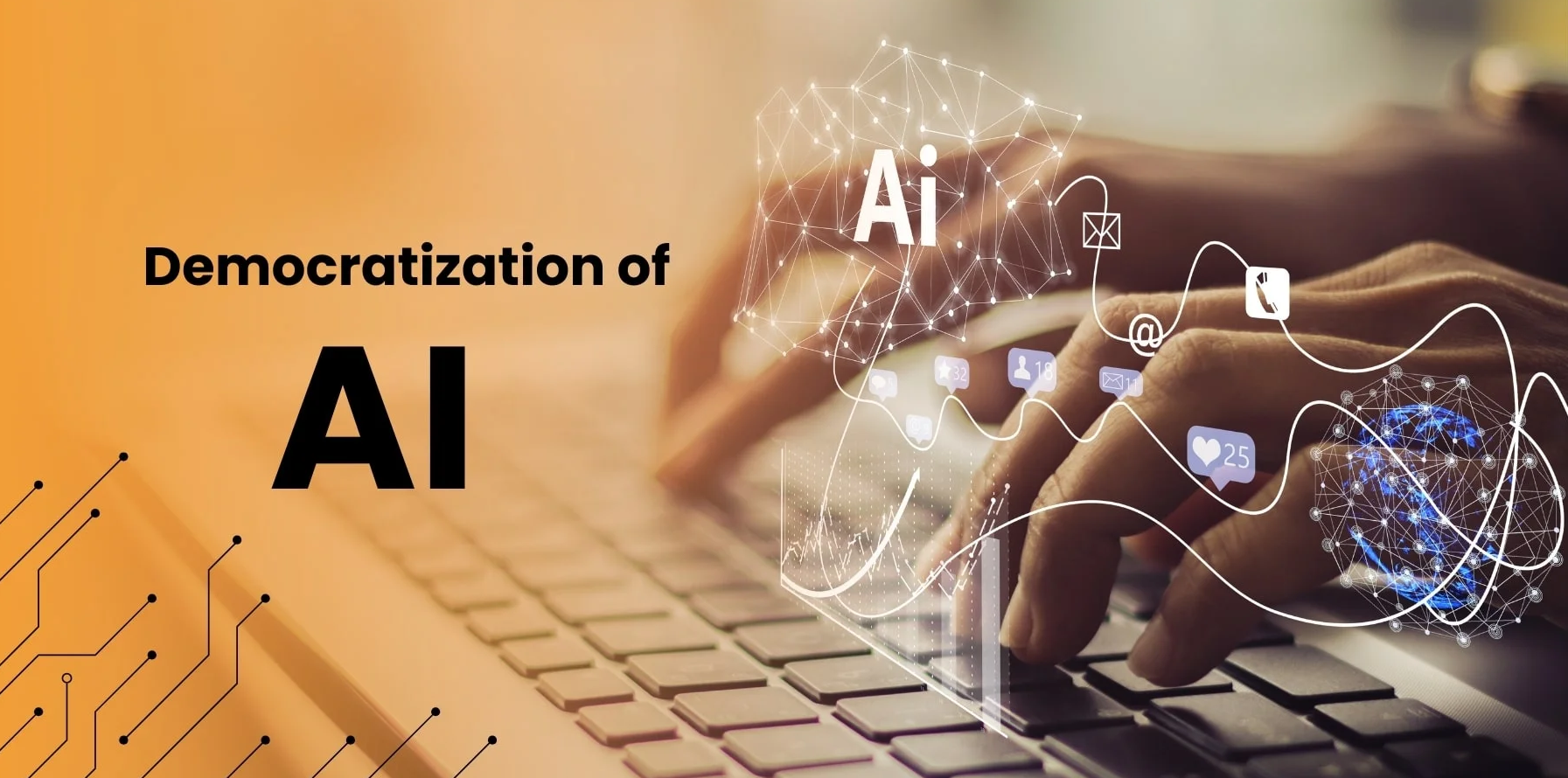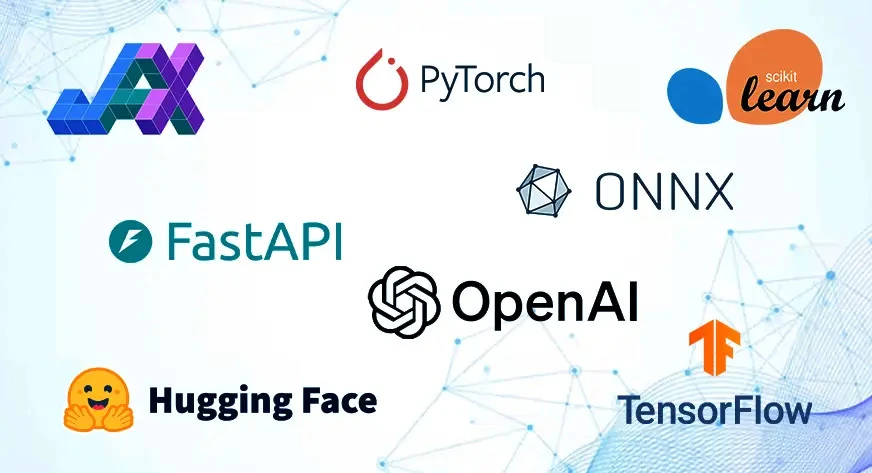Test AI on YOUR Website in 60 Seconds
See how our AI instantly analyzes your website and creates a personalized chatbot - without registration. Just enter your URL and watch it work!
1. Introduction: AI’s Impact on the Workforce
This blog explores how AI is changing the workforce, which jobs are at risk, and how workers can adapt to the AI-driven economy.
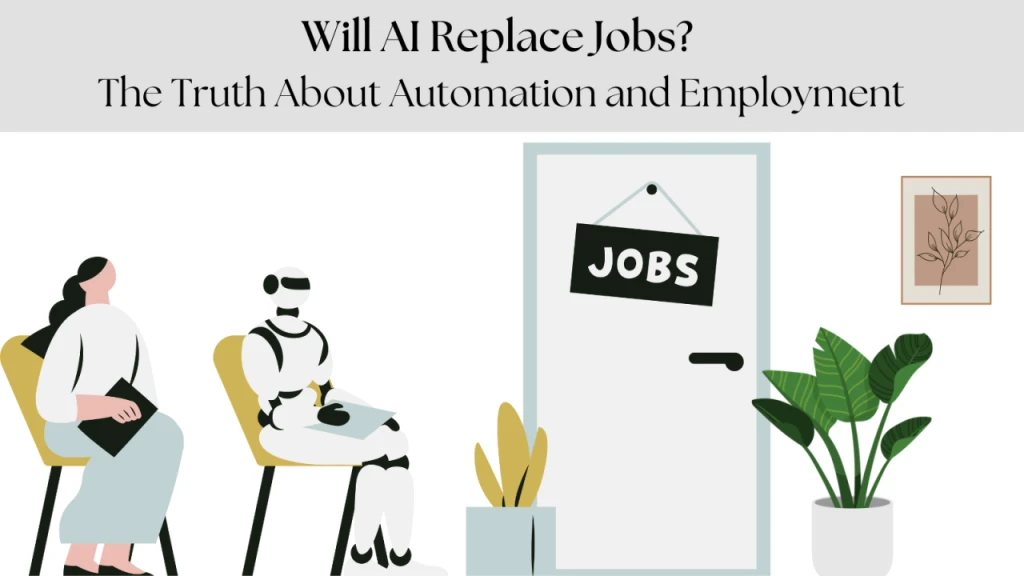
2. Is AI Replacing Jobs? The Facts
By 2025, AI is expected to replace 85 million jobs, but it will also create 97 million new roles (World Economic Forum).
26% of companies already use AI to automate routine work, such as data entry and customer support (Plivo).
AI is projected to contribute $15.7 trillion to the global economy by 2030, leading to new job markets and industries (PwC).
3. Jobs Most at Risk from AI Automation
1. Administrative and Data Entry Roles
AI automates data processing, scheduling, and customer service responses.
Virtual assistants handle meeting coordination, transcription, and document organization.
2. Manufacturing and Warehouse Jobs
AI-powered robots perform assembly line tasks, quality control, and inventory management.
Companies like Amazon and Tesla use AI to optimize logistics and automate warehouses.
3. Customer Service and Call Centers
AI chatbots handle frequently asked questions, order tracking, and troubleshooting.
AI-powered voice assistants reduce the need for human call center agents.
4. Retail and Cashier Positions
AI-driven self-checkout systems and automated kiosks are replacing cashiers.
Predictive analytics optimize inventory management and personalized shopping experiences.
5. Basic Accounting and Financial Services
AI automates invoice processing, bookkeeping, and fraud detection.
AI-powered financial advisors assist with investment recommendations and budgeting.
4. Jobs That AI is Creating and Enhancing
1. AI and Data Science Roles
AI requires skilled professionals for machine learning, data analysis, and AI development.
Companies are hiring AI engineers, data scientists, and algorithm specialists.
2. Cybersecurity and IT Jobs
AI-driven security systems need cybersecurity analysts to monitor and defend against cyber threats.
AI-powered IT support enhances network management and cloud computing security.
3. Healthcare and Medical Technology
AI is revolutionizing medical imaging, diagnostics, and drug discovery.
AI-assisted robotic surgery and virtual health consultations are creating new healthcare roles.
4. Human-Centered AI Specialists
AI needs experts in AI ethics, explainability, and human-AI collaboration.
Companies are hiring AI trainers and bias auditors to ensure AI fairness.
5. AI-Augmented Creativity and Marketing
AI enhances creative roles by automating content generation, video editing, and graphic design.
AI-driven marketing tools help businesses personalize campaigns and analyze consumer trends.
5. How to Future-Proof Your Career in the Age of AI
1. Develop AI and Digital Skills
Learn AI-related skills such as data analysis, programming, and automation.
Familiarize yourself with AI-powered tools relevant to your industry.
2. Focus on Human-Centric Skills
AI struggles with emotional intelligence, creativity, and critical thinking.
Strengthening soft skills such as leadership, problem-solving, and communication will keep you valuable.
3. Stay Updated on Industry Trends
Follow AI developments in your field to anticipate changes.
Take online courses, certifications, and workshops to stay competitive.
4. Leverage AI to Enhance Your Work
Use AI as a collaborative tool to automate repetitive tasks.
AI can improve productivity, data-driven decision-making, and customer engagement.
6. The Future of AI and Work: Should You Be Worried?
1. AI Will Augment, Not Replace, Most Jobs
AI will handle repetitive work, allowing humans to focus on higher-level thinking and innovation.
Many jobs will evolve into AI-assisted roles, requiring human oversight and expertise.
2. AI Will Create New Industries and Opportunities
Emerging fields such as AI ethics, robotics, and smart automation will generate new careers.
Businesses will need skilled professionals to develop, manage, and regulate AI systems.
3. Businesses Must Adapt to AI Responsibly
Companies should reskill employees rather than replace them.
Ethical AI development will ensure fair and unbiased AI integration in the workforce.
7. Conclusion: Embracing AI for Career Growth
Instead of fearing AI, professionals should embrace it, upskill, and find ways to work alongside AI to enhance productivity and innovation. The future of work belongs to those who can harness AI’s power while applying uniquely human skills that AI cannot replicate.
